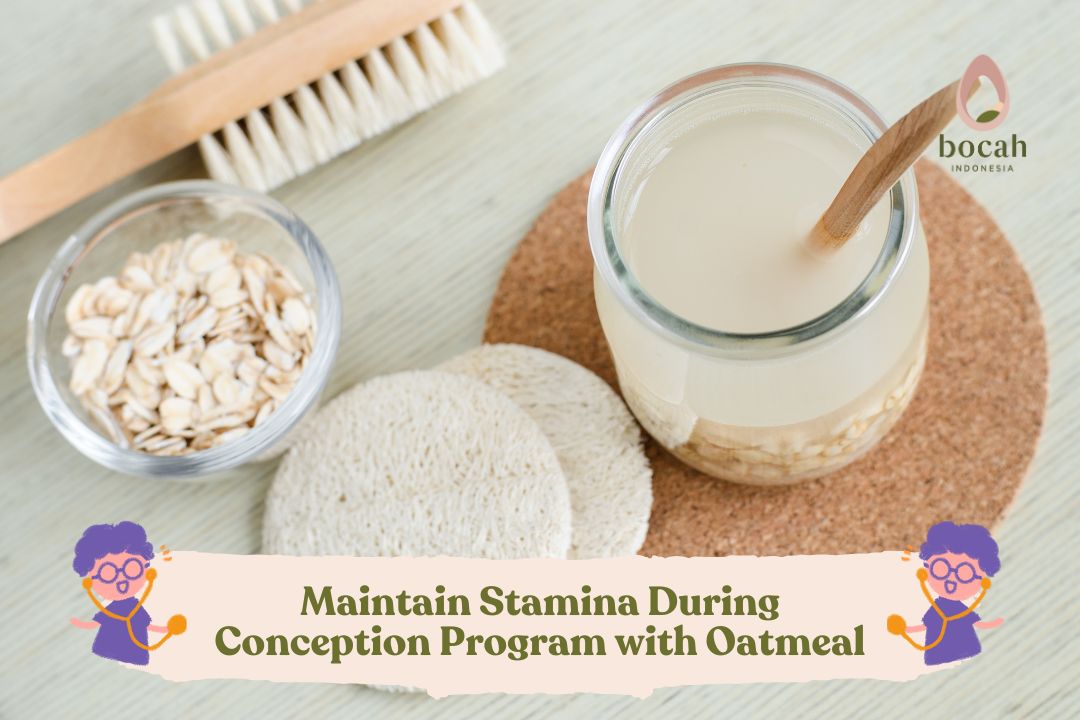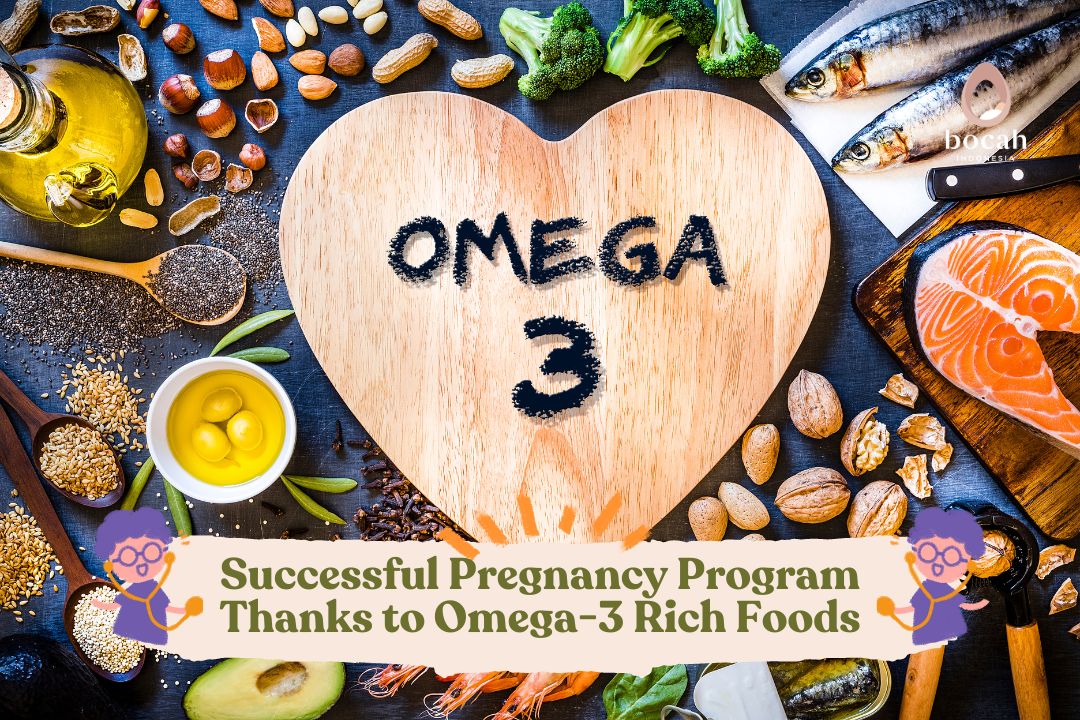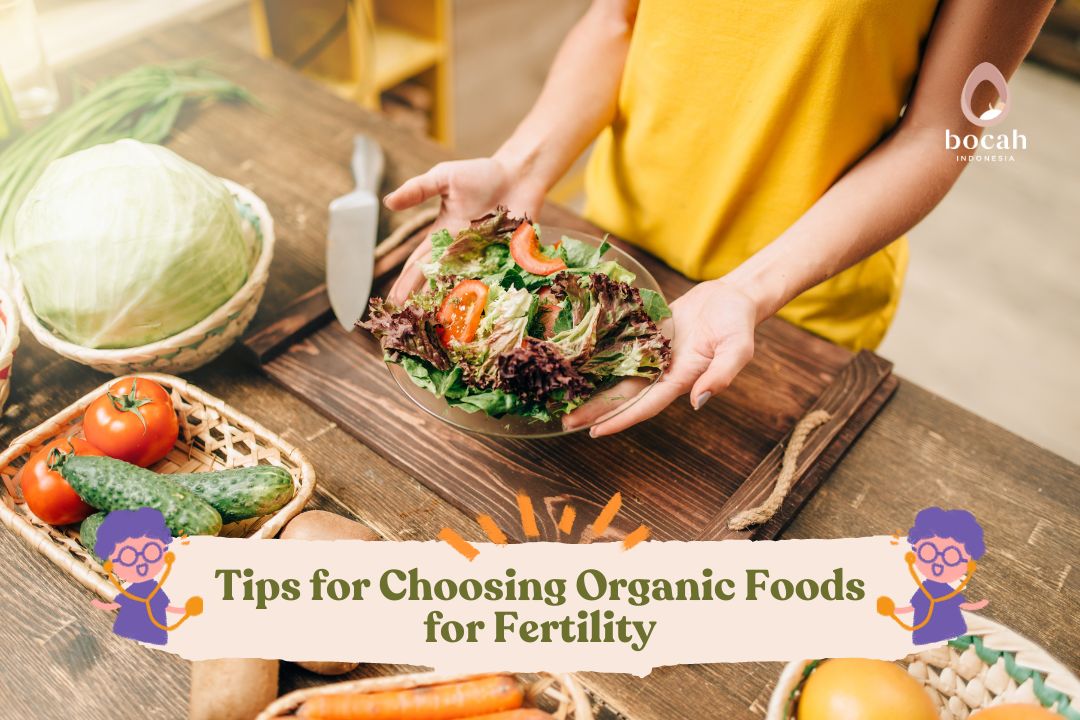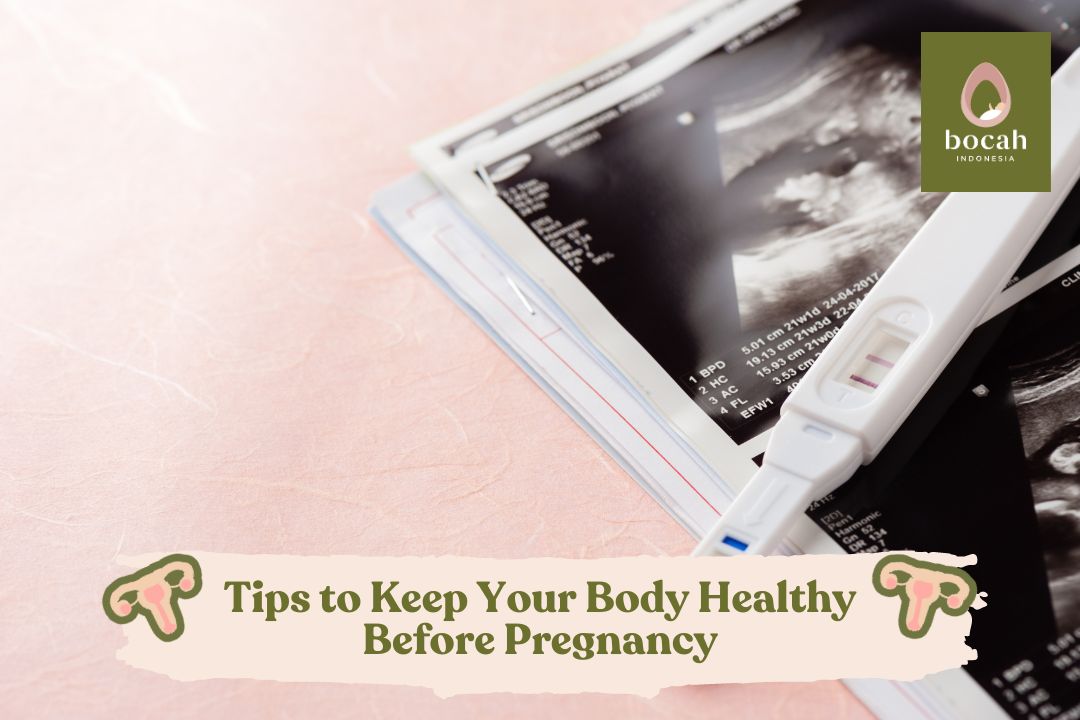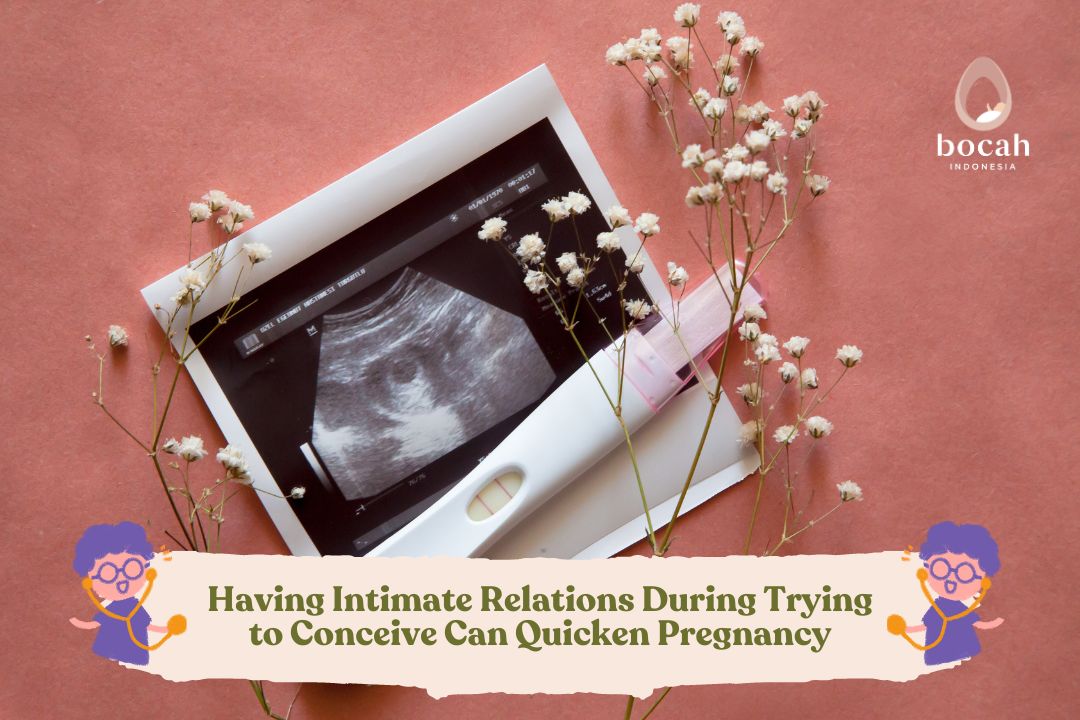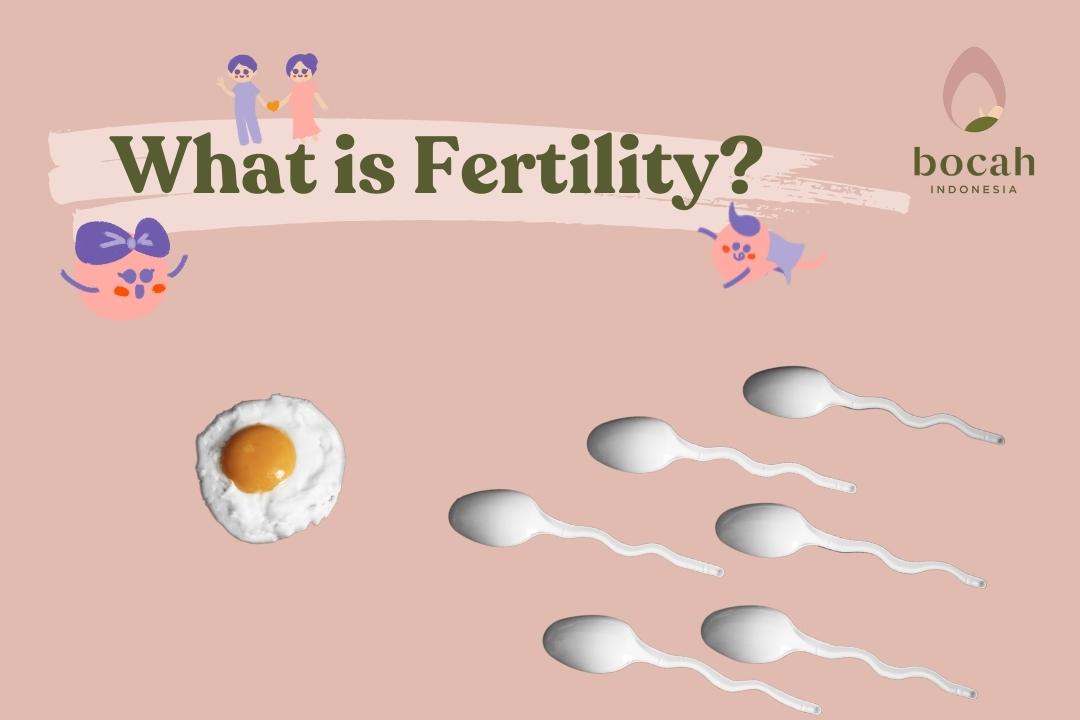9 Successful Diet Tips for Conception (Fertility Diet Tips)
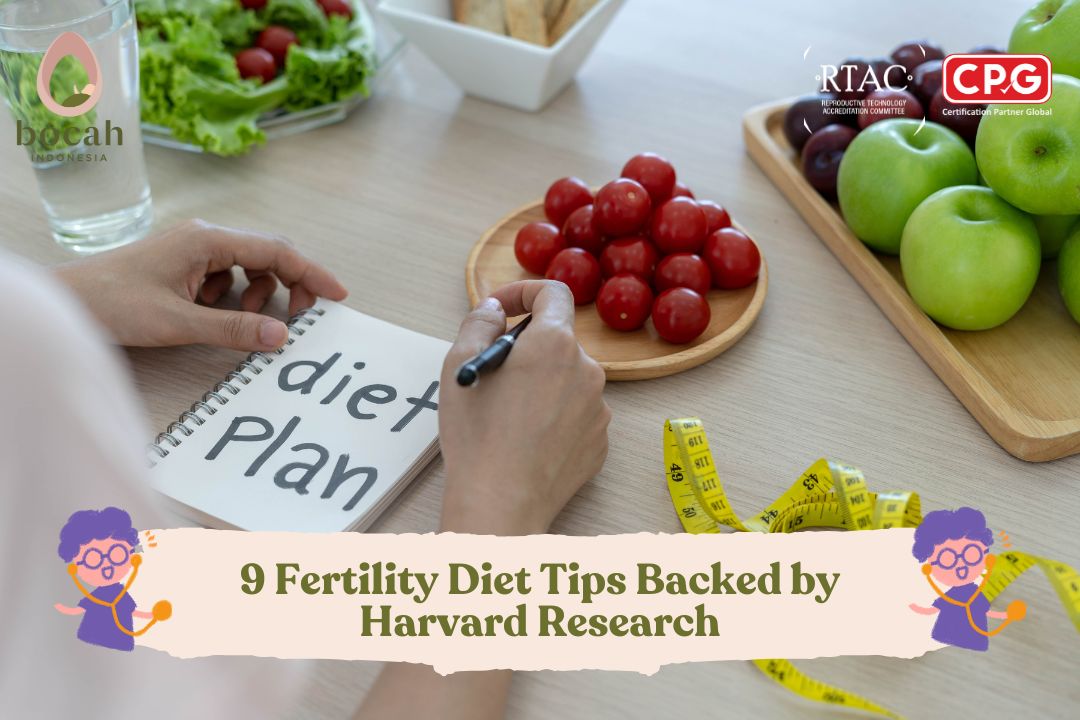
When undergoing a pregnancy program, maintaining a healthy diet is essential to increase the chances of conception. Several nutrients play a crucial role in fertility, including protein, folic acid, complex carbohydrates, and other key nutrients.
A healthy eating pattern is not only important for the mother’s well-being but also optimizes the chances of getting pregnant. It’s vital to pay attention to the nutritional content of every food consumed, as the body must be well-prepared for conception.
Many people believe that bean sprouts help boost fertility. While they may offer benefits, fertility is influenced by a wide variety of nutrient-rich foods — not just one.
According to the American Society for Reproductive Medicine, about 10% of the population experiences fertility issues that can lead to difficulty in conceiving. Nutrition is one of many factors that influence infertility in couples.
What Is a Fertility Diet?
A landmark study published by Harvard in 2007, titled the “Fertility Diet”, examined the relationship between food intake and reproductive health. The research followed over 238,000 women aged 30–55.
Tanya Mincah tentang Promil?
The study found that dietary choices can significantly impact one’s ability to conceive. Women who followed the fertility diet reduced their risk of infertility by:
-
66% due to improved egg quality
-
27% due to other fertility-related factors
How to Follow a Fertility Diet?
If you’re planning to improve your fertility through diet, here are 9 science-backed tips you can follow daily:
1. Consume Complex Carbohydrates
Choose complex carbohydrates such as fiber-rich vegetables, fruits, whole grains, and legumes. These help regulate blood sugar levels and maintain insulin function, both of which support fertility.
2. Avoid Trans Fats
Trans fats can clog blood vessels, disrupting blood flow to reproductive organs. Avoid foods with hydrogenated oils and processed snacks that contain trans fats.
3. Prioritize Plant-Based Proteins
Plant-based proteins (like tofu, tempeh, red beans, and peanuts) are preferable to animal proteins when trying to conceive. Replacing animal proteins with plant sources has been shown to benefit fertility.
4. Take Folic Acid Supplements
Folic acid is essential for fertility and early pregnancy. Women are advised to take 400 mcg of folic acid daily. While leafy greens are rich in folate, supplements ensure adequate intake.
5. Stay Well-Hydrated
Drinking enough water is vital during preconception. Choose plain mineral water over sugary or carbonated beverages, which can negatively affect insulin sensitivity and fertility.
6. Eat Iron-Rich Foods
Iron from plant-based sources improves fertility. According to the Nurses’ Health Study, iron helps nutrient absorption and supports reproductive health. Good sources include spinach, tomatoes, eggs, yellow fruits, and kidney beans.
7. Choose Full-Fat Dairy
Women trying to conceive should opt for full-fat milk instead of low-fat or skim options. Full-fat dairy has been linked to better fertility outcomes, while fat-free versions may increase the risk of ovulatory disorders.
8. Maintain a Healthy BMI
Body Mass Index (BMI) directly affects ovulation. A normal BMI supports regular ovulation, while being underweight or overweight can interfere with hormonal balance and fertility.
9. Include Healthy Fats (Unsaturated Fats)
Monounsaturated and polyunsaturated fats support insulin sensitivity and reduce inflammation — both beneficial for fertility. Sources include nuts, seeds, and omega-3-rich fish like salmon and sardines.
These dietary adjustments can support your fertility journey. In addition to a healthy diet, make sure to schedule a fertility assessment with a healthcare professional to understand your specific needs.
Source:
- Shmerling, RH., Shmerling, A. Fertility and diet: Is there a connection?. Harvard Health Publishing
- Chiu, YH., et al. (2018). Diet and female fertility: doctor, what should I eat? Fertil Steril. 2018 Sep;110(4):560-569.
- Gaskins, AJ., Chavaroo, JE. (2018). Diet and fertility: a review. Am J Obstet Gynecol. 2018 Apr;218(4):379-389.
- Nassan, FL., et al. (2018). Diet and men’s fertility: does diet affect sperm quality? Fertil Steril. 2018 Sep;110(4):570-577.


